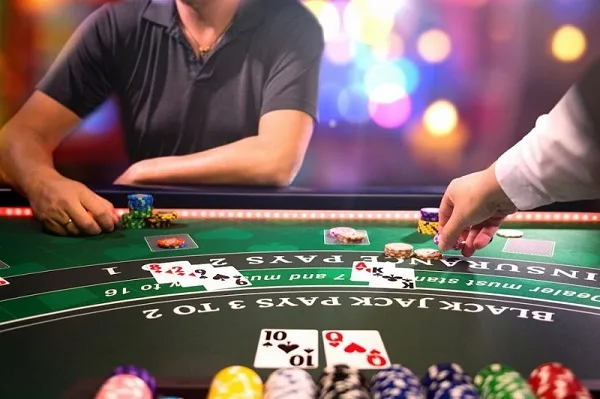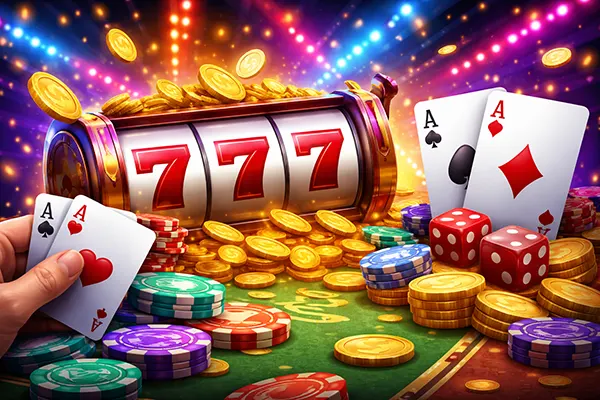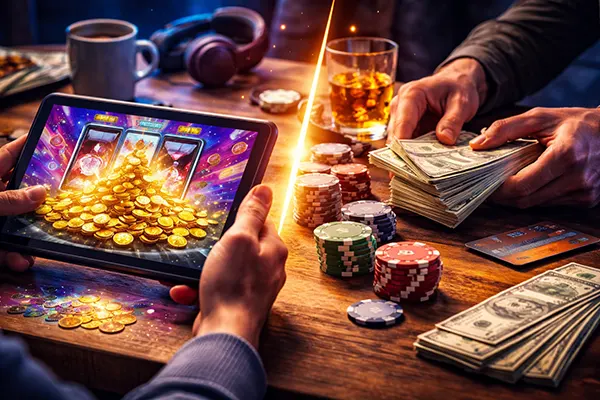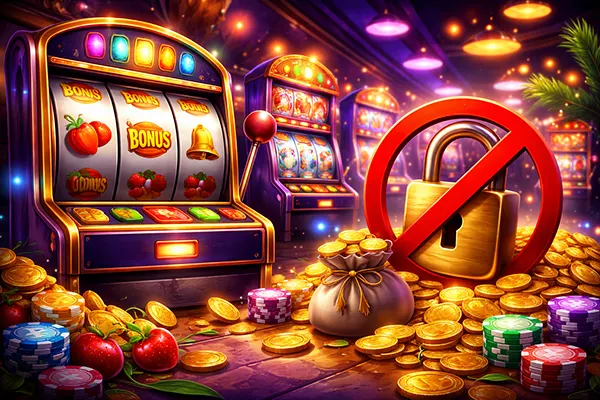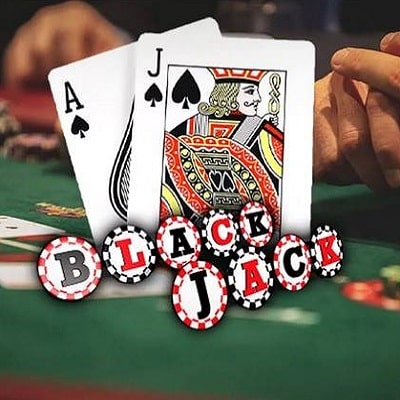
Blackjack strategy
For those looking to win big at blackjack, it’s a good idea to consider a doubling up betting strategy. This method allows you to win twice as much during your hand. However, you should be aware that there are some simple strategies for doing so. With their help, even beginners will be able to figure out when to play double-up and when not to.
What you need to know before you start playing blackjack
This basic knowledge is a must for anyone looking to try out doubling down:
- Doubling up refers to a bet equal to the original bet, but made after the first two cards have been dealt.
- Doubling down is recommended when there is a 9, 10 or 11 on the cards without an ace. Doubling down may also be done at 16, 17, 18 with an ace.
- You should not double your bet if the dealer has an Ace or if you hold less than 11.
What is Doubling Down in Blackjack
Doubling down is triggered when the first two cards are dealt. The player then receives another card, but cannot hit. That said, it’s worth bearing in mind the basic conditions of such a strategy:
- If there is a 10 and an ace in your hand, this combination is called a blackjack. It is already a winning hand, so no doubling is allowed.
- Although the doubling rule is generally the same, some casinos allow you to double up even after the cards have been dealt into two hands. It’s worth familiarizing yourself with the rules of the place you want to start playing.
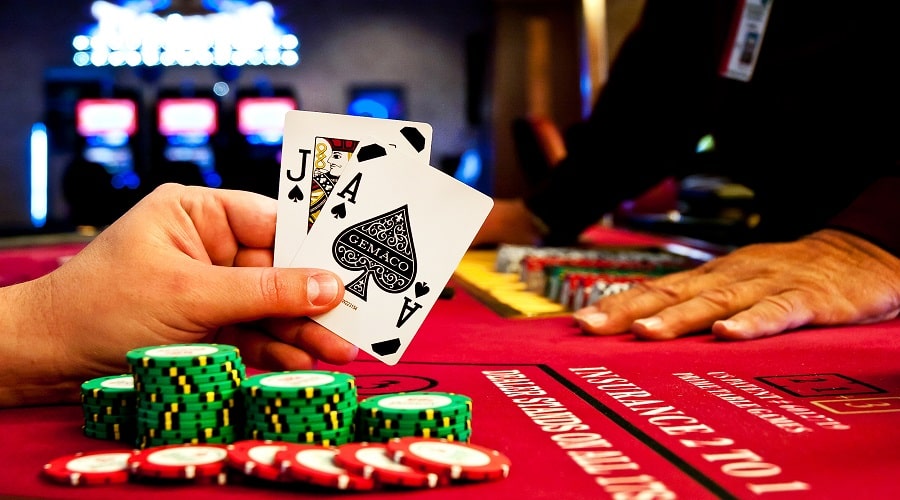
When to Double Up
It is important to understand that not always doubling helps to win. You must do so in certain situations:
- The most obvious one is when you’re holding 11. In that case, there’s a chance of getting the next card with a 10 and gaining 21 points. Either way, overcounting can’t happen, and getting closer to victory is possible.
- With a 9 or 10 in hand and no aces. In this case, there is a greater chance of getting a high value. This combination of cards in hand is called a hard card, and doubling with it is better to do when the dealer has 2-6 in hand.
- In a “soft” hand. A combination of 16-18 with an Ace, which may be counted as either 1 or 11, is referred to as a soft hand. In this case, it’s possible to get close to blackjack when you receive a small card. And even if the card is large, an ace can always count as a 1.
When doubling is not recommended
While the previous situations called for doubling, the following ones do not. So, doubling is not recommended in the following situations:
- When the dealer shows an Ace. If the dealer shows an Ace, there is a very high chance that he will get his hands on the Blackjack. Therefore, it is not worth risking your money. It’s better to keep playing with the current bet and play your hand. That said, it is still possible to hit for more cards. But additional bets should be refrained from.
- When a hand has a hard total of over 11 and no ace. In such a case, there is a high probability of getting a card, which will ensure overcards and a loss. Therefore, it is better to stick to your initial bet and not lose your chips.
How to Double Down in Blackjack
Betting on blackjack is after the cards have been dealt. Immediately after receiving the first two cards, you need to put more chips on the table, equal to the original bet. By doing so, you let the dealer know that you’re doubling your hand. He will then deal the next card horizontally. In this way, he shows you that you can no longer draw cards.
All this knowledge will allow you to double your bets correctly and in a timely manner when playing blackjack.

